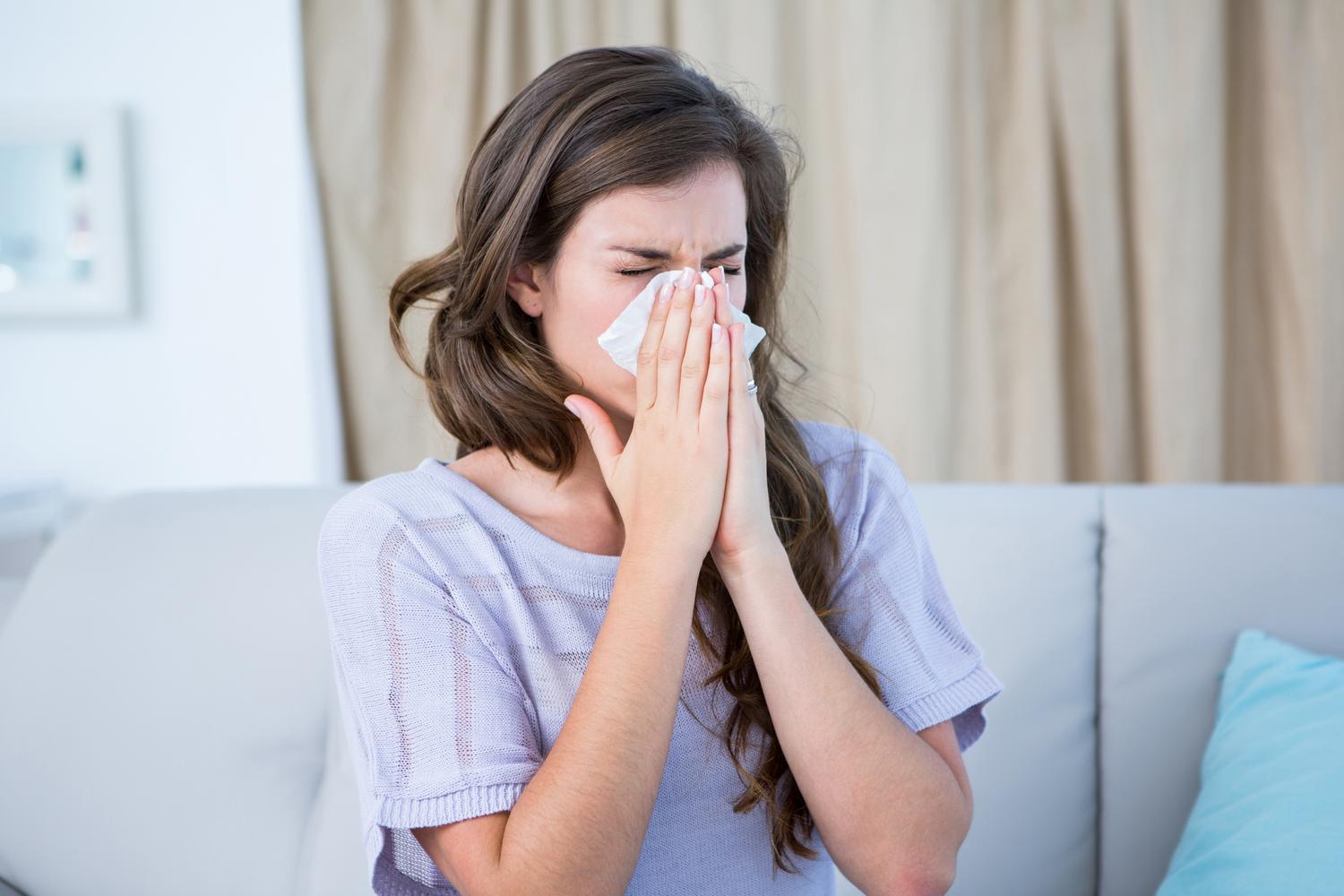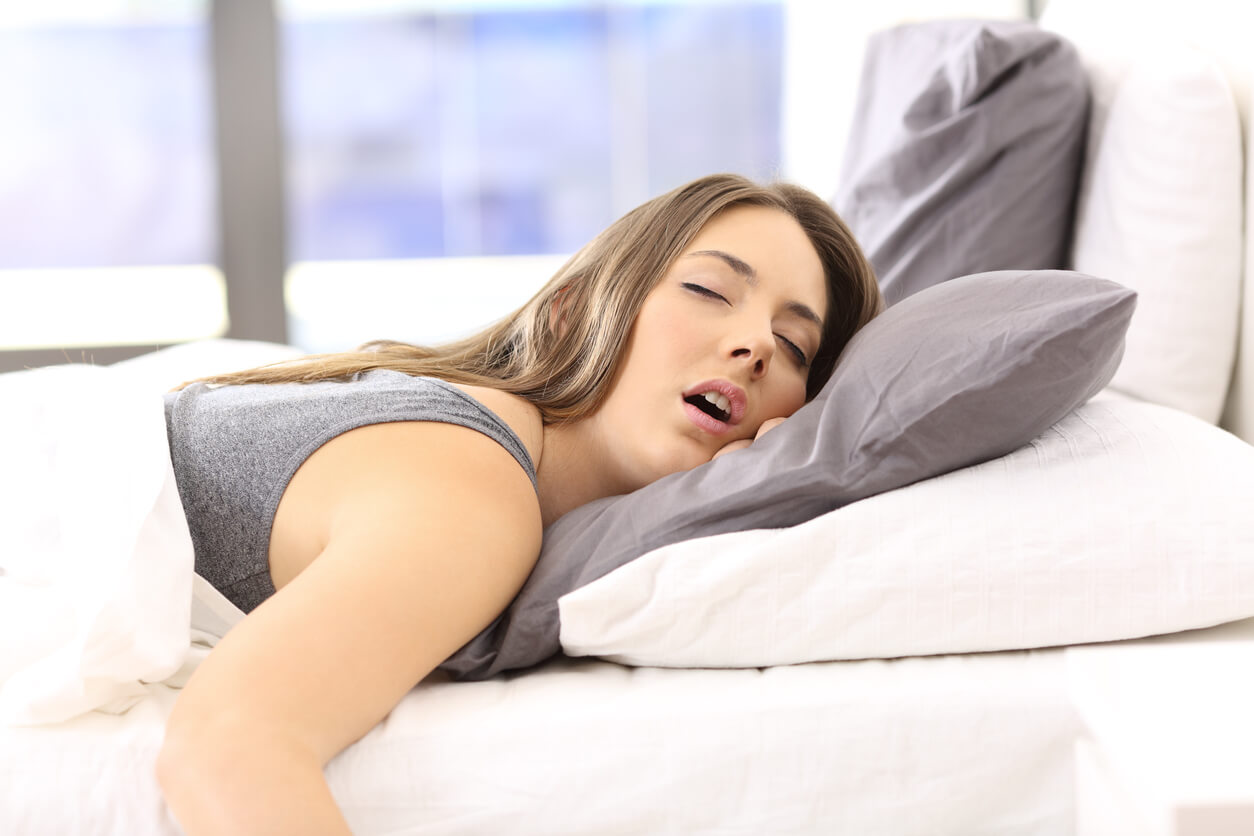What is Self-Care? Sustainable Tips for a Healthier You
Key Takeaways:
- Self-care involves engaging in daily activities that regulate and recharge your body and mind, which can help prevent burnout and promote overall well-being.
- The benefits of self-care include improved self-awareness, resilience, emotional health and reduced risk of chronic illnesses.
- A sustainable self-care routine should be personalized, manageable and focused on activities that enhance your quality of life and well-being.
The basics of self-care: Simple tips to uplift your daily life
Every person has, at one point or another, put their own needs on the back burner. Sometimes, we postpone taking proper care of ourselves because we're too busy or have other priorities. Other times, we may feel that taking time for ourselves is selfish or that it’s not as important as showing up for others or our careers.
This habit can lead to burnout, which is a state of ongoing exhaustion or fatigue from built-up emotional, mental or physical strain. Common burnout symptoms can include fatigue, trouble sleeping, digestive issues and joint pain. Burnout can take a toll on a person’s health and well-being when left unaddressed. However, there are things we can do to prevent and reduce burnout — one of them being self-care.
Self-care is the practice of actively looking after one's well-being by engaging in activities that regulate and recharge one's body and mind daily. Studies have shown that a regular self-care practice can reduce stress's impact on a person’s quality of life. Additionally, self-care can promote better health, boost your overall well-being and make you more resilient.
Read on to learn more about self-care and to discover sustainable tips for establishing a self-care practice that enhances your daily life and supports your well-being and overall health.
The benefits and challenges of self-care
Self-care can offer many benefits, like the ability to recharge your body and mind. A daily self-care practice can make you more resilient and able to rely on yourself. Additionally, it can have a significant impact on your overall health and well-being.
Additional benefits of self-care can include:
- Increased self-awareness, self-management and self-control
- Improved ability to rely on yourself and respond to stressors
- Higher quality of life and emotional health
- Lower stress levels and risk of burnout
- Better health and overall well-being
- Lower risk of chronic illnesses, disease and death
- Reduced health care costs
- Better health literacy, or the ability to understand and implement the factors that affect your health and well-being
While self-care can have many benefits, it can also come with its own unique set of challenges. For instance, many people can struggle to start and stick to a self-care routine. This may be especially true for people with mental illnesses, such as depression or anxiety.
However, it’s important to know that there are things you can do to make self-care more sustainable. Read on to discover the best tips for getting started on — and sticking to — a self-care routine.
How to practice self-care: Examples of different activities
Self-care is more than just wearing face masks or taking bubble baths after work (though there’s room for those activities in a self-care practice, too). Self-care means looking within yourself to better understand what you need to nurture your emotional well-being and physical health.
There are many different ways to practice self-care. In general, a good way to know whether an activity is self-care is to see if it helps you develop or maintain better health or well-being.
Examples of self-care activities you could incorporate into your daily life:
- Physical activity and regular exercise
- Getting enough sleep
- Enjoying a cup of coffee before work
- Listening to music or a podcast
- Spending time with your family members or loved ones
- Practicing self-compassion
- Journaling
- Eating a healthy and balanced diet
- Doing deep breathing exercises
- Practicing gratitude and mindfulness
- Drink the recommended daily water intake — 2.7 liters for women and 3.7 liters for men — each day
- Putting your phone on airplane mode
- Setting clear boundaries
- Taking a warm bath or a shower
- Taking your medications or daily supplements
- Spending time on your hobbies
- Getting regular check-ups with your healthcare provider
- Limiting the amount of time you spend on social media apps
- Ask for help or support when you need it
Creating a self-care routine
Self-care is not one-size-fits-all. Your self-care routine should be personalized to fit your own unique needs, schedule and interests. A good self-care plan includes activities that will truly make you feel happy, comforted and cared for. A great self-care plan includes activities that you know you’ll actually be able to stick to.
You don’t need to dedicate three hours of the day to self-care to reap the benefits. When it comes to self-care, a little can go a long way. The most important thing to keep in mind is that you want to be sure that you’re choosing activities that enhance your quality of life and are sustainable. Defining what self-care means to you can be a great way to narrow down the types of self-care activities you include in your routine.
How to create a sustainable self-care routine:
- Step 1 — Choose self-care activities that are easy to incorporate into your existing routine: You can practice different activities on different days of the week or just start by incorporating one self-care activity at a time.
- Step 2 — Create clear and measurable goals: For instance, instead of saying you will exercise more, be specific about the length of your desired workouts and how many times you will exercise each week.
- Step 3 — Pick a designated time to do these activities: For instance, if you want to take 15 minutes doing deep breathing each morning, aim to be specific about the time window you’re allotting to this activity. Some activities, like drinking enough water, may happen throughout the day. That’s okay, too! In these cases, specify the measurable goal — for example, 2.7 liters of water — and make the time window “per day.”
- Step 4 — Start your self-care practice and give yourself grace: It’s okay to be imperfect and for your new routine to feel clunky at first. By giving yourself room and permission to adjust as you go, you’ll improve your odds of developing a sustainable self-care plan that boosts your quality of life.
Remember, your self-care routine is here to make you feel good — not more stressed. If you feel as though you’ve added too many self-care activities to your schedule, it’s okay to pivot and focus on the ones that have the biggest impact on your own health and well-being.
Focusing on your mental health and well-being
Self-care became a hot topic on social media during the Covid-19 pandemic. Influencers from all corners of the internet came together to promote the benefits of self-care during the days of social distancing and isolation. While their intentions were good, it didn’t take long for the core elements of the practice to become diluted beneath glossy exteriors.
What started as a practice grounded in mindfulness soon became an opportunity for many brands to promote their beauty and wellness products. The result? A general misunderstanding of the immense power and benefits that a holistic self-care practice can hold.
Self-care can be a remarkable way to care for your mental and physical health. Little by little, your self-care practice can help you become more confident, self-aware and balanced. With time, your self-care activities can turn into daily habits that have a significant impact on your overall health.
As you carry out your self-care practice, remember to always come back to the reason that you started it to begin with.
How Sesame can help
Self-care means checking in with yourself and your needs as a whole. This includes having access to quality health services and a network of top-rated healthcare professionals. Providers on Sesame are here to help you stay on top of your health and well-being.
Book an affordable mental health consult today to speak to top-rated therapists, doctors and licensed providers who can help.









